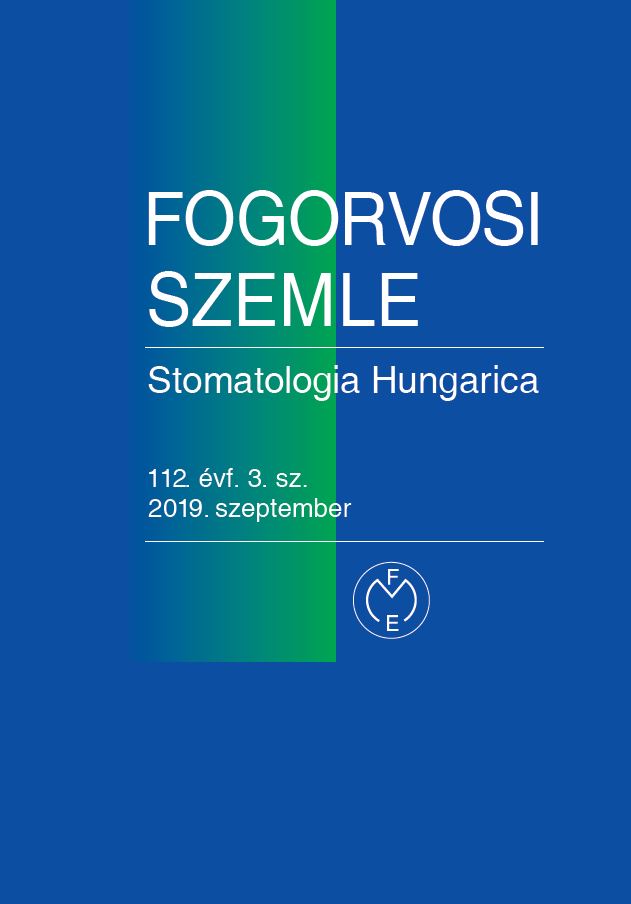Investigation of polymerization properties of 3D printable biocompatible polymers
Abstract
The development of digital technology is more and more meaningful on the area of dentistry. There are many factors that influence the accuracy of 3D printing among others composition of polymers for printing, that determine the polymerization parameters such as polymerization shrinkage (PS) and degree of conversion (DC). These factors have an important role in the postpolymerization process that have an effect on accuracy of 3D printing and torsional parameters. Aim of this study was to analyse the polymerization parameters (PS and DC) of MED610 and MED620 (Stratasys, USA) during five-day period after the printing. Based on our measurements it was found that PS values were increased from 7,9433 vol% to 8,1704 vol% at MED610 and from 7,0619 vol% to 7,5598 vol% at MED620 during the five days period. The DC values were between 90,182 and 99,9433% and showed the maximum at third day. The polymerization parameters showed significant differences between the first day and fifth day measurements. Based on data of this study it can established that distortion error of MED610 is 22,71 μm and 49,79 μm at MED620 from polymerization shrinkage regarding a 10 cm length printed object. This values do not mean a distortion relative to the parameters of the real specimen, since in it e.g. scanners, and different design software of algorithms can still play a role. The clinical relevance is that the postpolymerization can cause distortion that effect is more relevant than has effect on the accuracy of the printed object to influence the dental application of these materials.
Copyright (c) 2021 Authors

This work is licensed under a Creative Commons Attribution 4.0 International License.


.png)




1.png)



